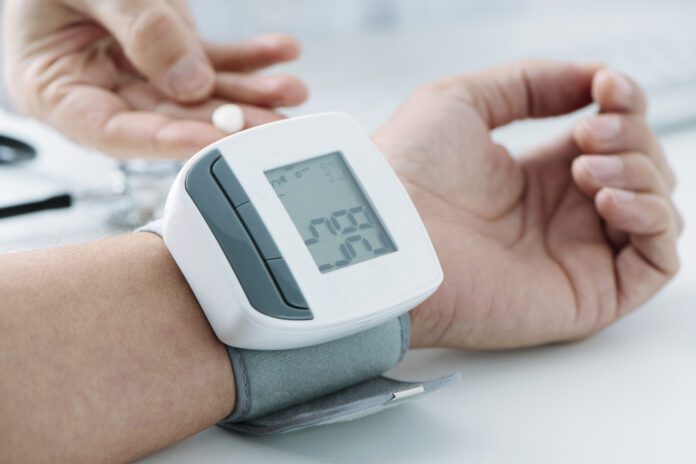Overview Of Low Blood Pressure
Low blood pressure occurs when blood pressure is much lower than normal. This means the heart, brain, and other parts of the body do not get enough blood. Normal pressure is mostly between 90/60 mmHg and 120/80 mmHg.
The medical name for low blood pressure is hypotension.
Commonly Associated With
Hypotension; Blood pressure – low; Postprandial hypotension; Orthostatic hypotension; Neurally mediated hypotension; NMH
Causes Of Low Blood Pressure
Blood pressure varies from one person to another. A drop as little as 20 mmHg, can cause problems for some people. There are different types and causes ofhypotension.
Severe hypotension can be caused by the sudden loss of blood (shock), severe infection, heart attack, or severe allergic reaction (anaphylaxis).
Orthostatic hypotension is caused by a sudden change in body position. This occurs most often when you shift from lying down to standing. This type of low blood pressure usually lasts only a few seconds or minutes. If this type of low pressure occurs after eating, it is called postprandial orthostatic hypotension. This type most often affects older adults, those with high blood pressure, and people with Parkinson’s disease.
Neurally mediated hypotension (NMH) most often affects young adults and children. It can occur when a person has been standing for a long time. Children usually outgrow this type of hypotension.
Certain medicines and substances can lead tohypotension, including:
- Alcohol
- Anti-anxiety medicines
- Certain antidepressants
- Diuretics
- Heart medicines, including those used to treat high blood pressure and coronary heart disease
- Medicines used for surgery
- Painkillers
Other causes ofhypotension include:
- Nerve damage from diabetes
- Changes in heart rhythm (arrhythmias)
- Not drinking enough fluids (dehydration)
- Heart failure
Symptoms Of Low Blood Pressure
Symptoms ofhypotension may include:
- Blurry vision
- Confusion
- Dizziness
- Fainting (syncope)
- Lightheadedness
- Nausea or vomiting
- Sleepiness
- Weakness
Exams & Tests
The health care provider will examine you to determine the cause. Your vital signs (temperature, pulse, rate of breathing, and blood pressure) will be checked frequently. You may need to stay in the hospital for a while.
The provider will ask questions, including:
- What is your normal blood pressure?
- What medicines do you take?
- Have you been eating and drinking normally?
- Have you had any recent illness, accident, or injury?
- What other symptoms do you have?
- Did you faint or become less alert?
- Do you feel dizzy or lightheaded when standing or sitting after lying down?
- The following tests may be done:
- Basic metabolic panel
- Blood cultures to check for infection
- Complete blood count (CBC), including blood differential
- Electrocardiogram (ECG)
- Urinalysis
- X-ray of the abdomen
- X-ray of the chest
Treatment Of Low Blood Pressure
Lower than normal blood pressure in a healthy person that does not cause any symptoms often does not need treatment. Otherwise, treatment depends on the cause and your symptoms.
When you have symptoms from a drop in pressure, sit or lie down right away. Then raise your feet above heart level.
Severe hypotension caused by shock is a medical emergency. You may be given:
- Blood through a needle (IV)
- Medicines to increase blood pressure and improve heart strength
- Other medicines, such as antibiotics
Treatments forhypotension after standing up too quickly include:
- If medicines are the cause, your provider may change the dosage or switch you to a different drug. DO NOT stop taking any medicines before talking to your provider.
- Your provider may suggest drinking more fluids to treat dehydration.
- Wearing compression stockings can help keep blood from collecting in the legs. This keeps more blood in the upper body.
- People with NMH should avoid triggers, such as standing for a long period of time. Other treatments include drinking fluids and increasing salt in your diet. Talk to your provider before trying these measures. In severe cases, medicines may be prescribed.



